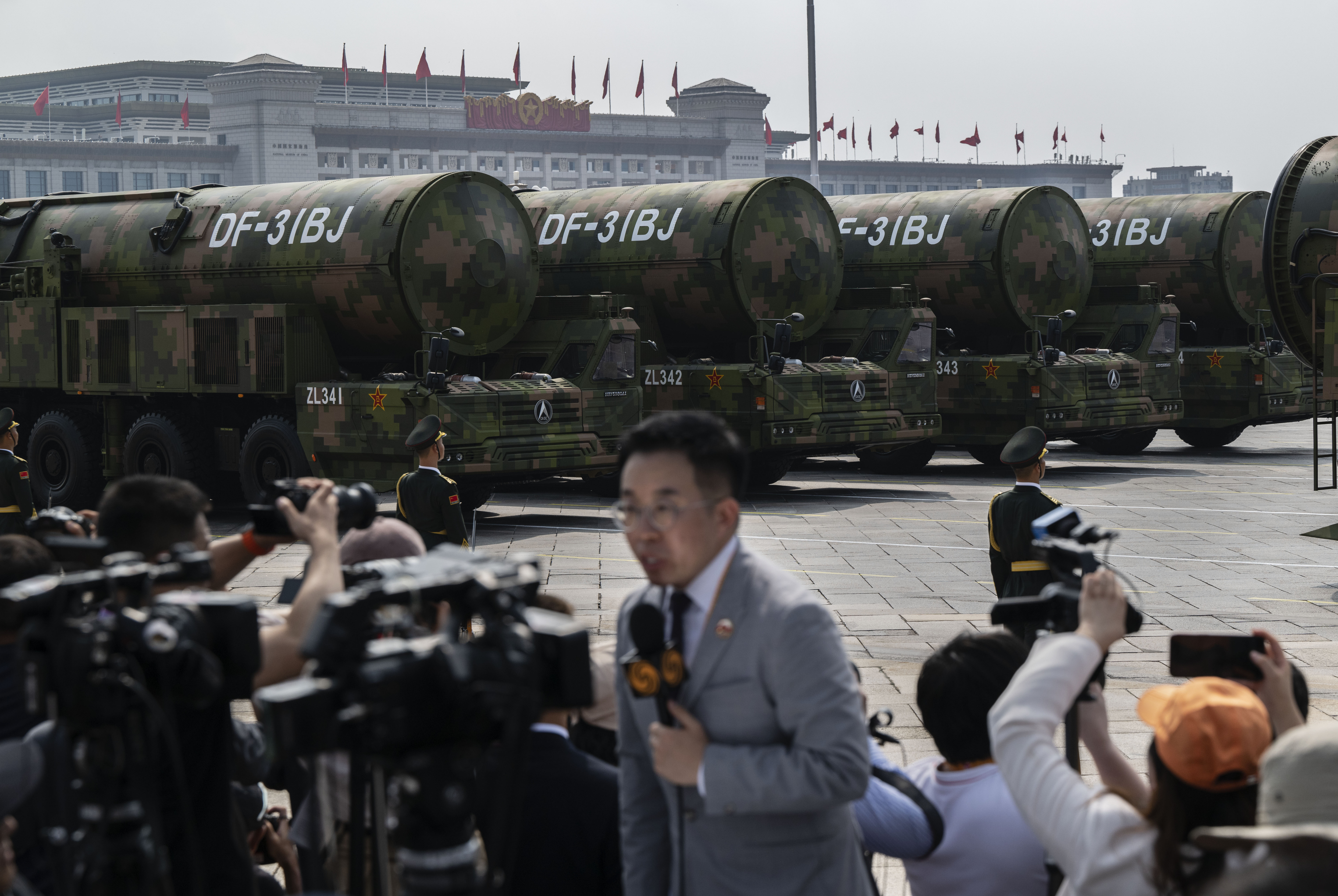The Salafization of the Iraq Conflict
The Salafization of the Iraq Conflict
An interesting note posted on a jihadi web forum complements a recent analysis by U.S. Maj. Gen. Richard Zahner on the course of the insurgency in Iraq. In an interview published by The Washington Post on September 28, leading military intelligence officer Gen. Zahner neatly defined the events in Iraq as “an insurgency hijacked by a terrorist campaign.” In Zahner’s view, which marks a shift in perception by the U.S. military command, Abu Musab al-Zarqawi’s al-Qaeda in Iraq group has supplanted Iraqis loyal to the deposed president Saddam Hussein as the insurgency’s “driving element.” Instead, the Saddam Hussein loyalists (former Ba’ath Party members and military and intelligence officers) are effectively riding the current, considered less of an immediate military danger and more of a longer-term political concern in their efforts to subvert the political process towards democracy.
Meanwhile, on the jihadi forum al-Farouq (www.al-farouq.com), a posting dated October 2 defined much of the Islamist opposition in Iraq, conversely, as “Ba’athism in the cloak of religion.” The author, signing himself sarcastically “the Degenerate, Base Salafist,” describes how the present Sunni religious violence dates back to the era of Saddam Hussein. He details, in what is a surprising essay to find on a jihadist forum (and subsequently removed), the innovation under Saddam’s rule of the “Return to Faith Campaign” directed by Izzat Ibrahim al-Douri, the former Vice President of Saddam’s Revolutionary Council. The campaign aimed at fanning sectarian flames to secure the suppression of the Shi’a in the south following the 1991 uprising in the wake of the allied operation to expel the Iraqis from Kuwait. The author of the posting explains the plethora of Islamist groups as fronts for the fallen regime’s intelligence departments, shrewdly exchanging the Arab nationalist label for one more in tune with the times–Salafism. In addition, by associating actions with extremist takfirism (the doctrine of excommunicating non-jihadist Muslims) the escalation of violence against other Iraqis passes with less criticism.
The author quotes from a declaration posted on the forum Baghdad al-Rashid (www.baghdadalrashid.com) at the time of the Fallujah campaign, which listed names of the former regime’s military security formations–all under the direction of Izzat al-Duri–along with their new religious sectarian names:
–Jaysh Muhammad (=al-Faruq Brigades, Jaysh al-Quds, Fidayee Saddam, the Black Brigades, and the 1920 Revolution Brigades)
–Jaysh al-Mujahideen, Jaysh Mujahidee Allah Akbar, Ansar al-Sunna, al-Jihad wal-Tawhid, and al-Ta’ifa al-Mansura (=formations of the General Republican Guard and the Special Guard)
–Jaysh Ansar al-Sunna (=Saddam’s Special Guard)
–Jaysh al-Mu’tasim Billah, Jaysh al-Mansur Billah (=al-Fath Commandos, the Saddam Commandos, and Saddam’s Scorpions and Panthers)
–Believers in the Awakening (=the special security organization “Saddam’s Tigers”)
The writer goes on to attribute the formation of the “Association of Muslim Scholars”–on the anniversary of the fall of the regime–to Ba’athist remnants, along with the Sunni Shura Council, and dozens of other Sunni organizations “at whose core are the official preachers, adherents of the former Saddamist foundations.” He singles out the head of the Association of Muslim Scholars, Harith al-Dari, as “the leading advisor to Izzat al-Douri” who is “brazenly working to return Saddamist[s] to power in Iraq, after calling takfiris from abroad to kill Shi’ites.”
Harith al-Dari has long been the subject of interest to the U.S. military in Iraq, who suspect him of fomenting resistance against U.S. troops and even in the kidnappings of Westerners, a charge he has denied. His son Muthanna al-Dari, whom the author of the posting describes as “a link between Ba’ath gangs, along with Arab politicians loyal to Saddam, and the takfiri leadership outside Iraq,” distinguishes himself at present as heading the most rejectionist group in the present Constitution debate. Despite the alterations to Article 131 of the text published on October 13, which now states that “being a member of the Ba’ath Party is not grounds for prosecution and any [former] member is treated equally before the law,” Muthanna continues to call for boycotting the elections and rejecting the constitution.
That the spectrum of opposition to the coalition forces in Iraq comprises many factions often with conflicting political, religious, tribal or simply criminal aims is well known. However, in the context of high-profile attacks by mujahid groups, particularly the latest anti-Shi’a campaign waged by al-Zarqawi and other groups, the posting is a useful reminder that the continuation of Ba’athist groups under new names is behind much of the religious branding of the violence in Iraq.


